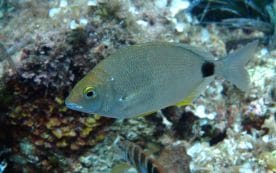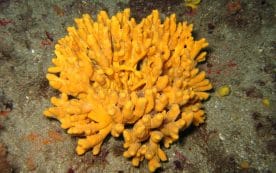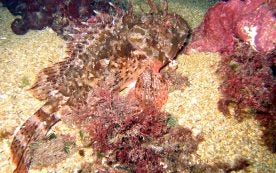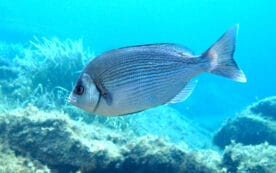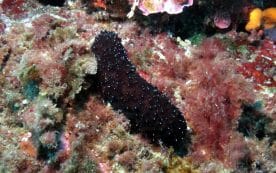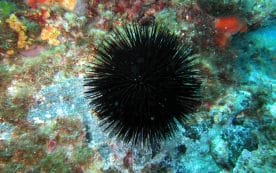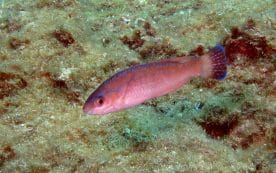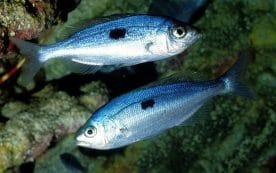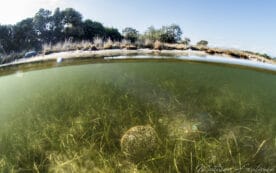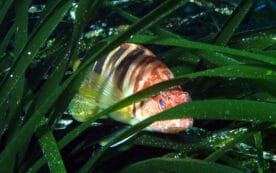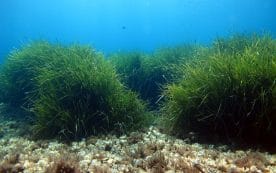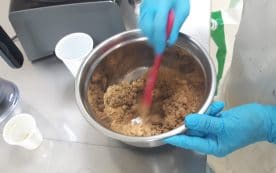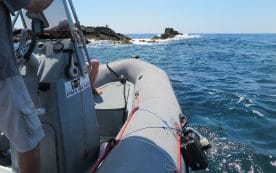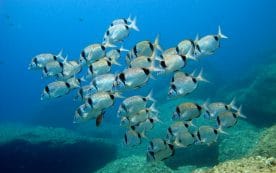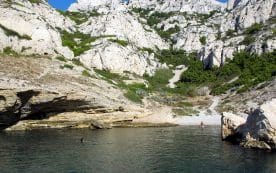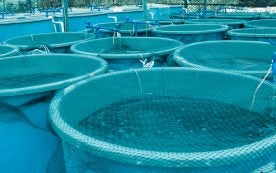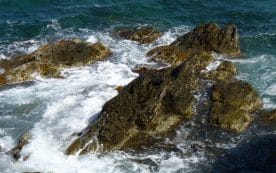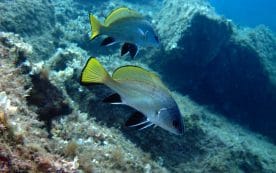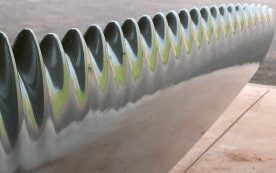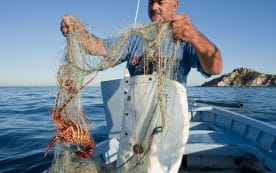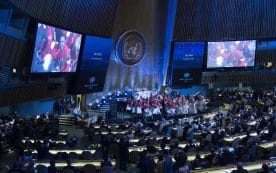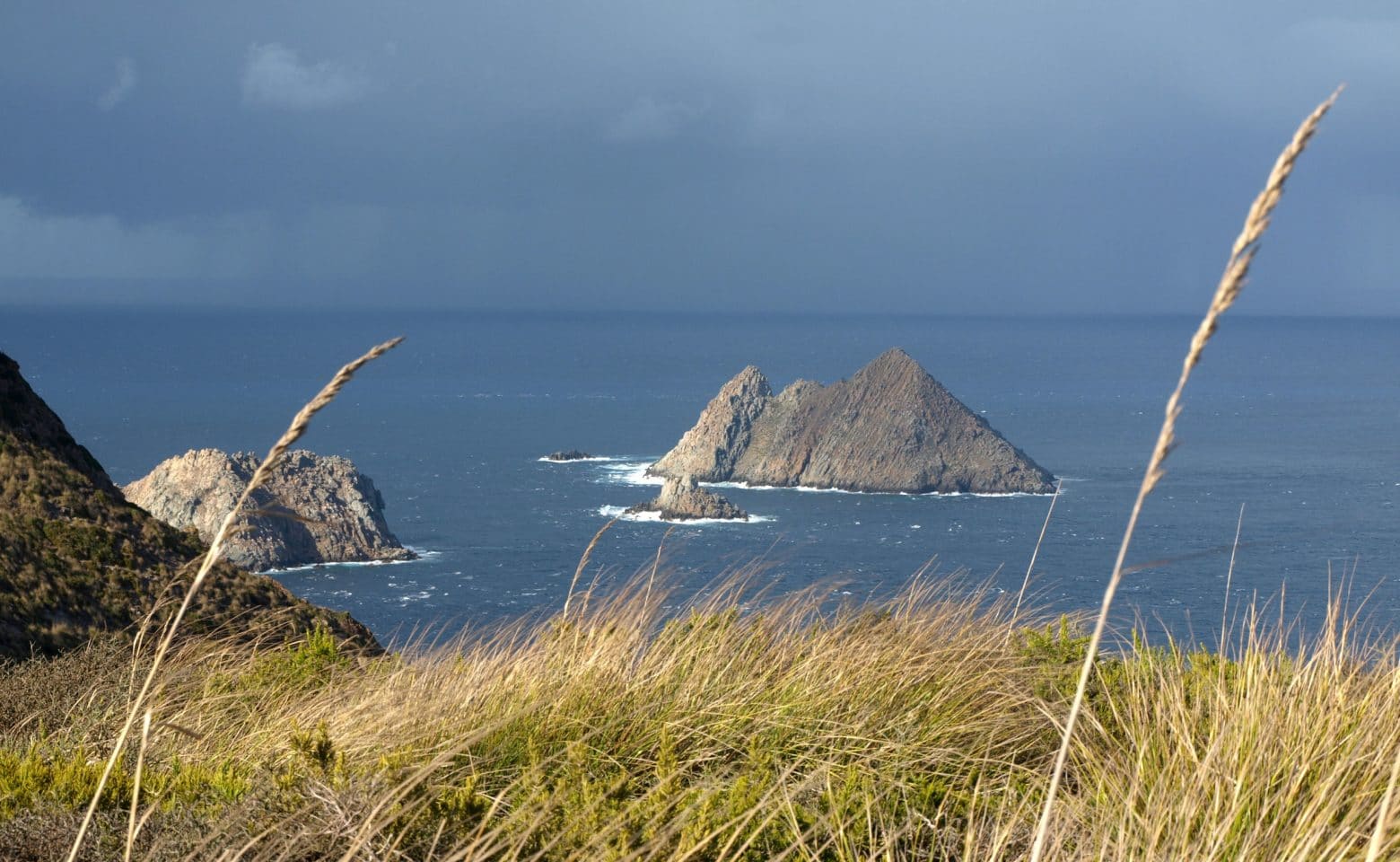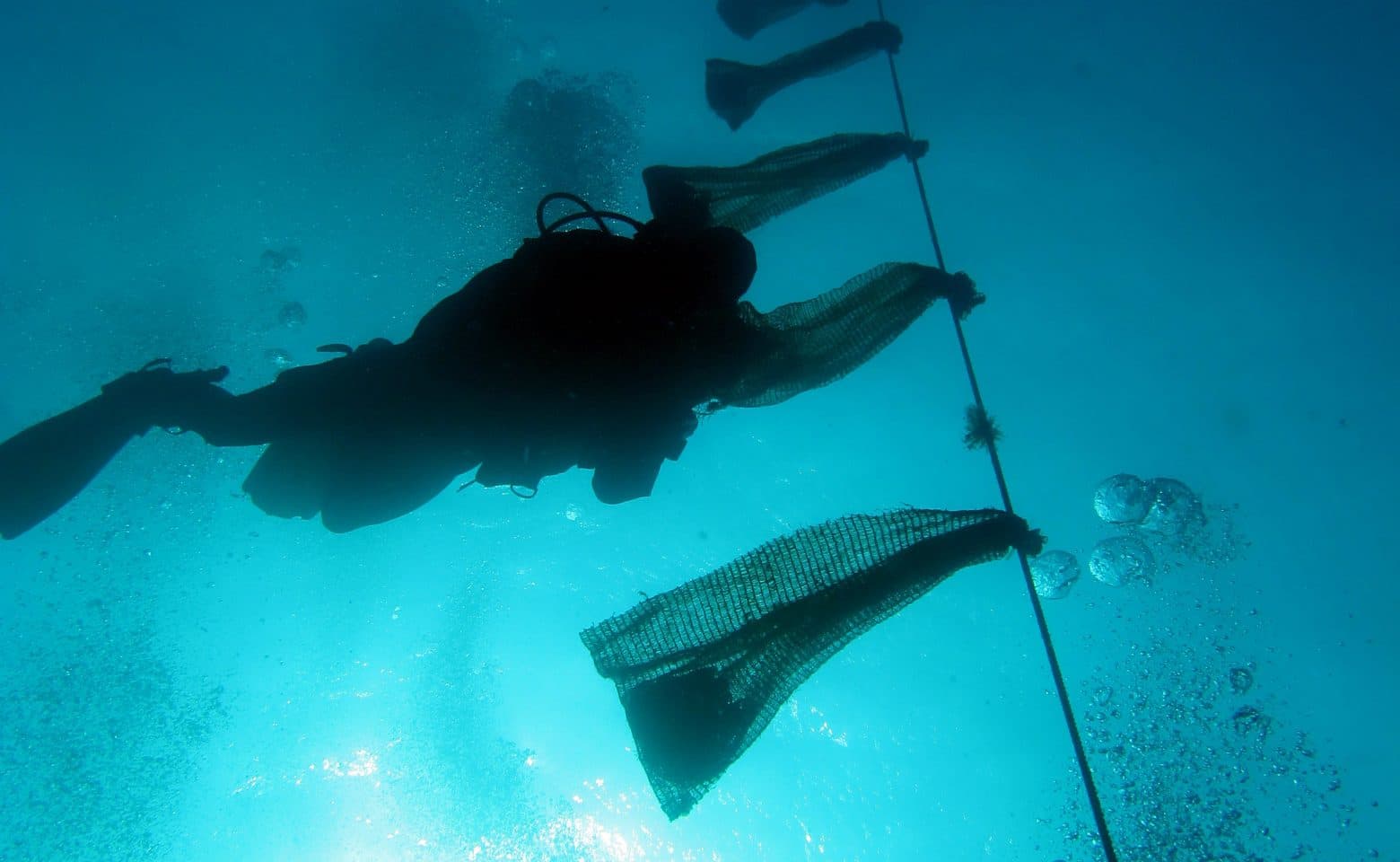One programme on the Pinna nobilis fan mussel currently involves three labs: IMBK (the Kotor Marine Biology Institute in Montenegro), IMEDMAR in Calpe, by agreement with the Catholic University of Valencia, and the Paul Ricard Oceanographic Institute. The programme includes population surveys and genetic studies.
We also run a reintroduction programme for seahorses jointly with AMPN, a nature conservation organisation in Monaco, supported by the Prince Albert II of Monaco Foundation.
The PIM programme for small Mediterranean islands includes occasional field work (inventories) and exchanges with other Mediterranean countries, particularly in North Africa.
In February 2022, the Institut océanographique Paul Ricard joined ICO Solutions, a scheme led by the Agence de l’Eau Rhône-Méditerranée-Corse, the Conservatoire du Littoral and the CCI Aix Marseille Provence (Chamber of commerce and industry). The aim is to “support and promote practicable solutions relative to the major issues for the preservation and sustainable development of islands, coasts and oceans”, well beyond the French territories. The Institute will contribute its expertise in applied research and public outreach to this scheme.
In 2022, the Institute has also become a member of the IUCN, the International Union for the Conservation of Nature, along with 18 other institutions and NGOs from all the continents.
International cooperation accelerates scientific progress and the Institute fully supports this approach.

